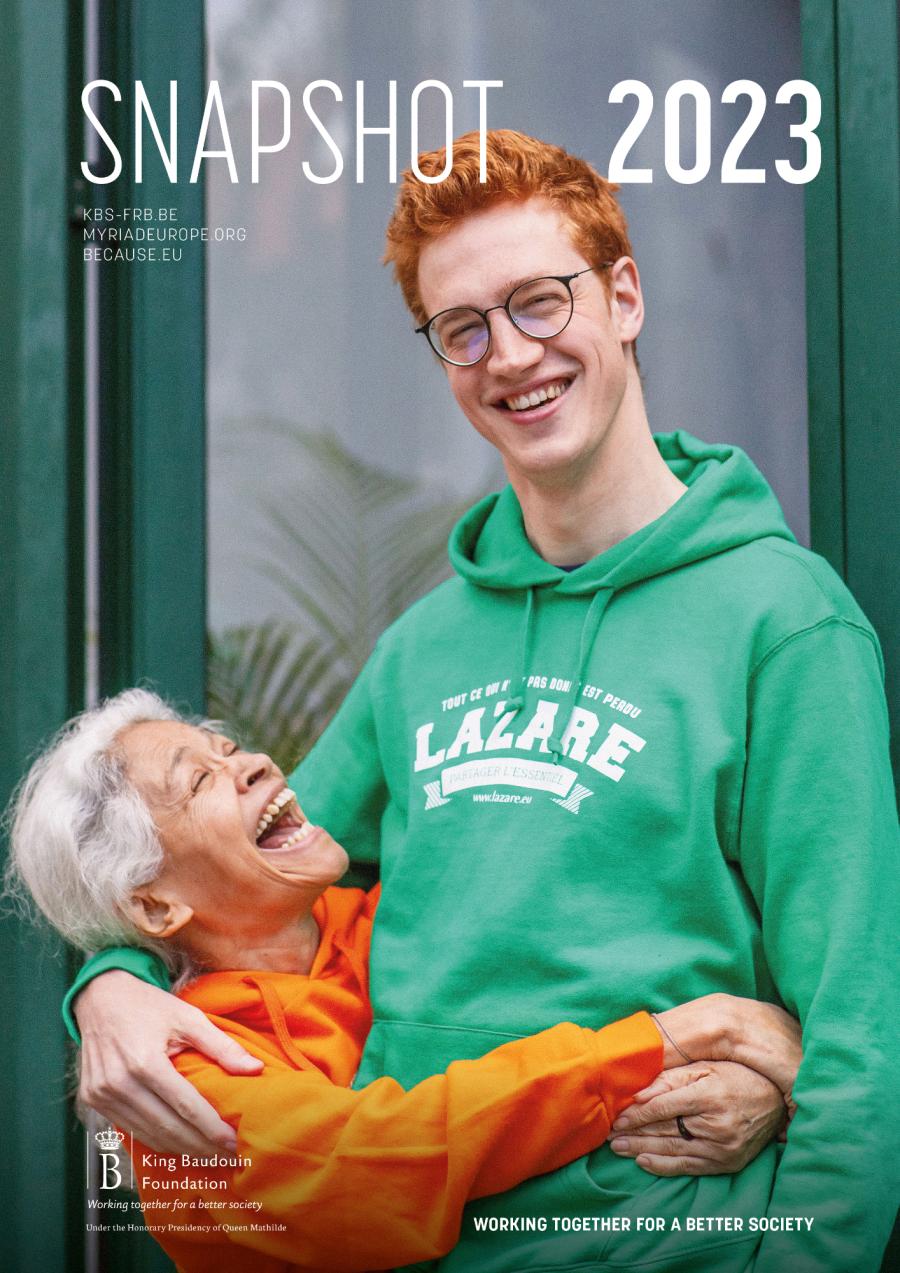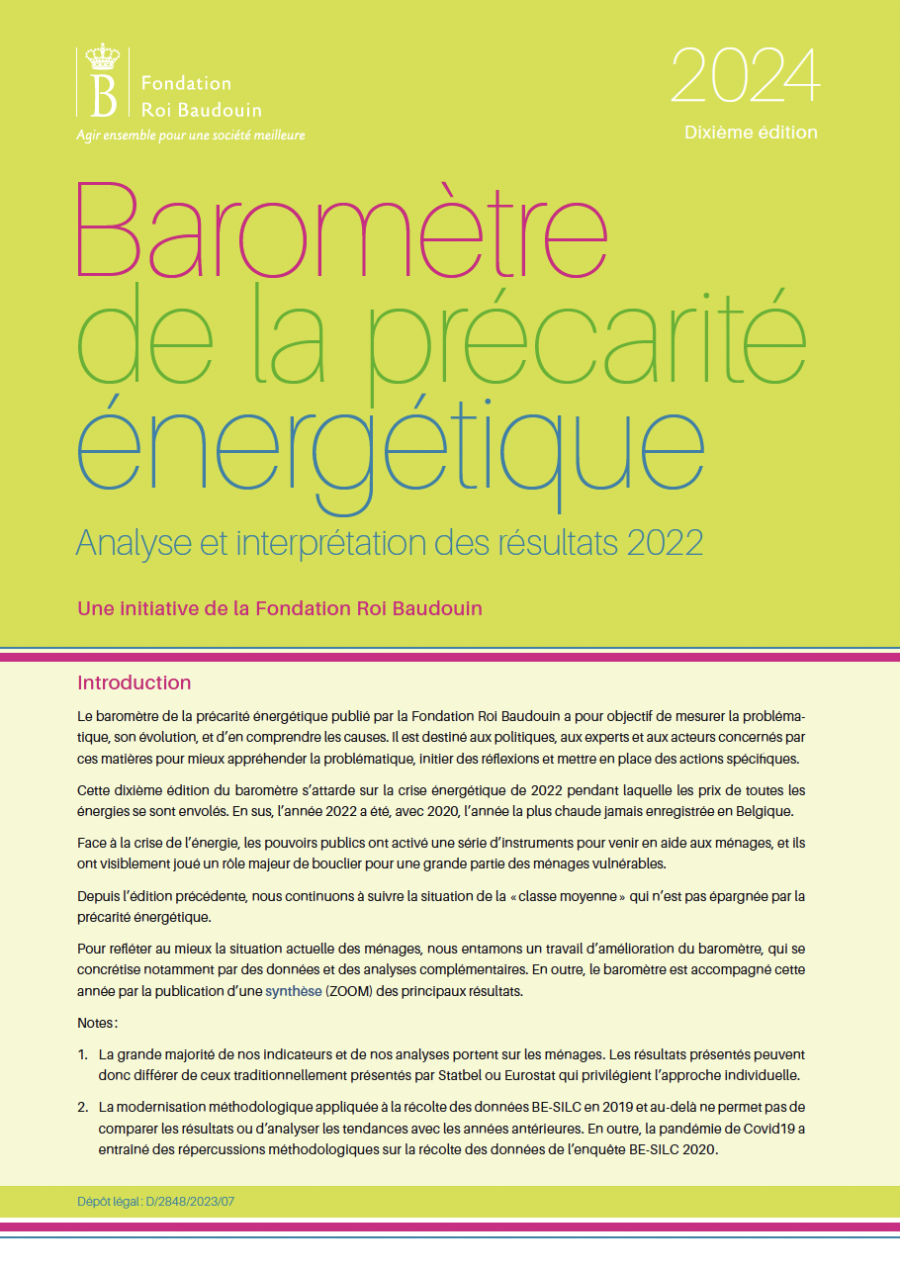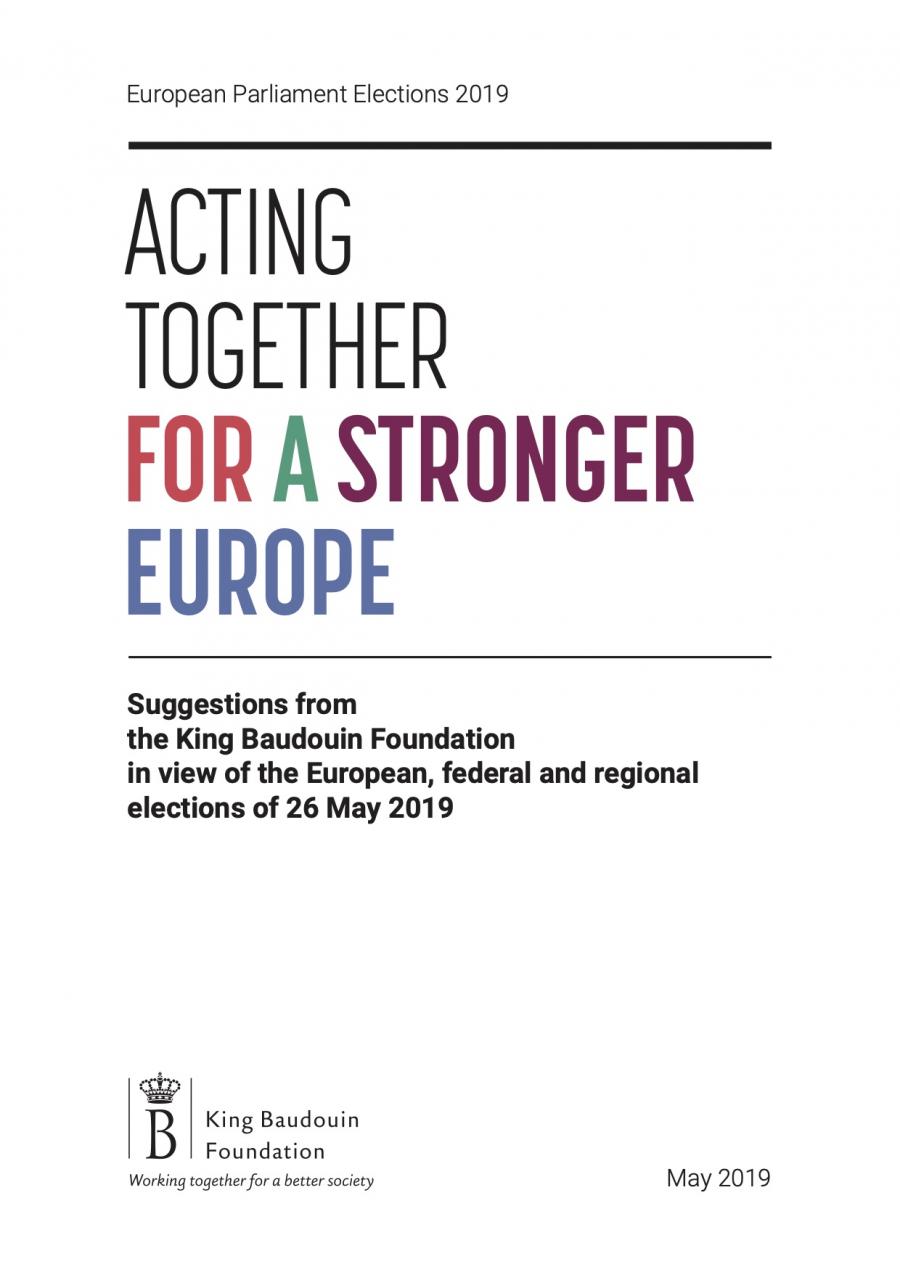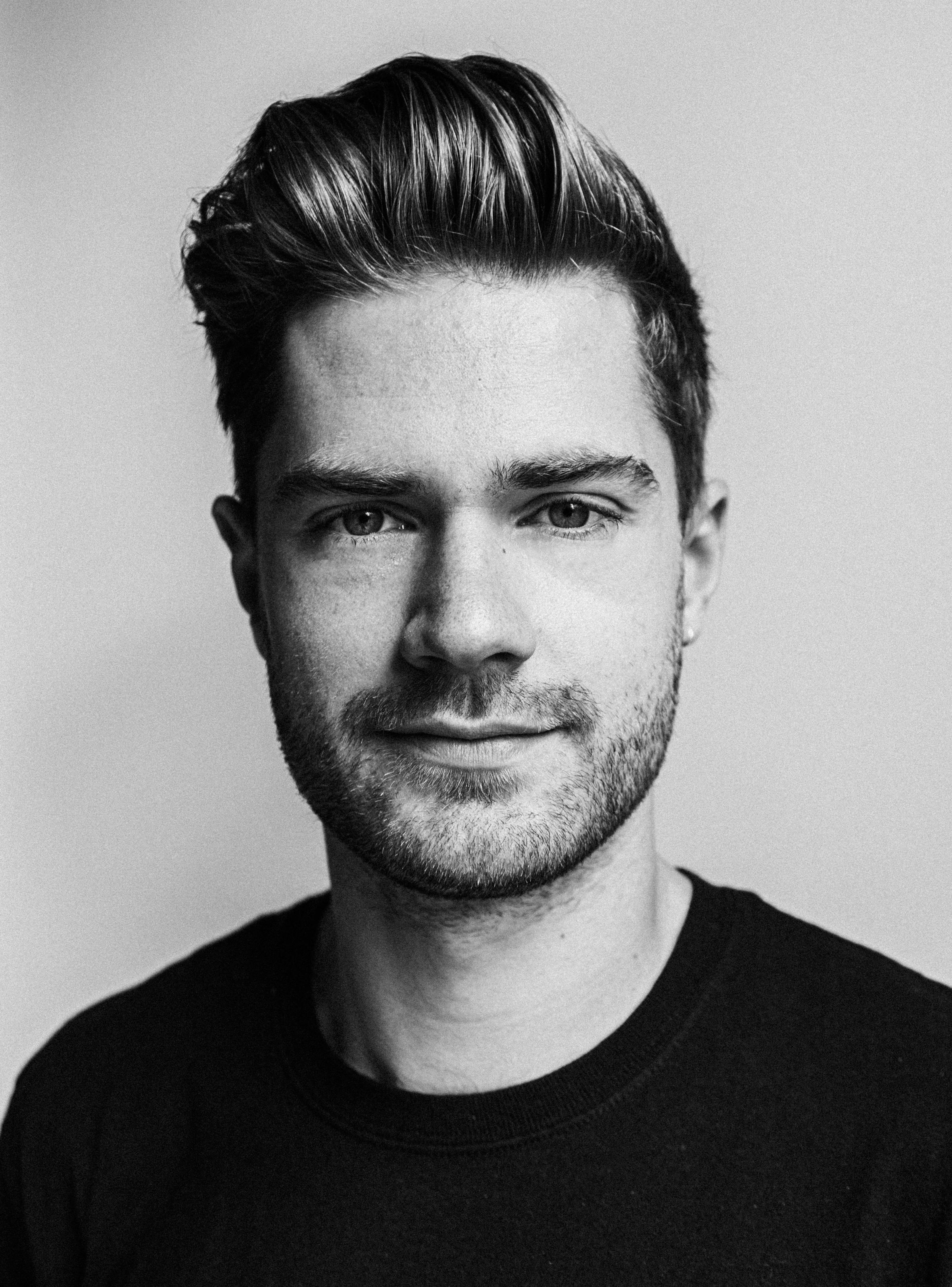
Building a home for all in Forbidden Colours
That Lukas Dhont is a voice that the world listens to was confirmed by an Oscar nomination this year for his second feature, Close. With his intimate tales of growing up and gender identity, whose universal themes connect with global audiences, the 32-year-old Belgian director can let his films do his talking. Yet he finds time, too, to speak out for Forbidden Colours in its KBF-supported mission to promote human rights and democracy for LGBTQIA+ people across Europe.
Lukas what drew you to Forbidden Colours, which was founded three years ago as a Fund at the King Baudouin Foundation in Brussels?
What is really beautiful is that it’s trying to be a home for all these initiatives around the world that are trying to protect, to protest, to harbour, to energise initiatives around LGBTQIA+ rights. What is so interesting is that it doesn’t really matter where you come from, it doesn’t really matter what your sexuality is even. Whether it’s about education around queer rights, whether it’s helping people who fled from their homes, whether the organisation is small or big, this is a place where all these initiatives can come.
It was created by people who feel very lucky to be in a country that, although it still reminds us sometimes of the homophobia that exists, is a safe space. These people have decided to make bridges to those people who don’t feel as safe, who feel like they want to achieve this idea that we should all be considered equal, whomever we love, wherever we come from, whatever our gender is or feels like. And that is the beauty to me and the absolute reason why I agreed to be a part of it.
Is there a common thread between your art and your involvement with the political engagement of Forbidden Colours?
While I was promoting Close, there was a point where I dared to say - and it's something I hadn't dared to say before - ‘this is political’. The film starts in the dark with the language of soldiers and enemies, and this type of masculinity. And then these boys run out of that darkness into a field of flowers. I think that contradiction is in itself political. I don't think the film is overtly pushing it, but I do look at our work as maybe a little bit more political now. That is really something that I've grown to find more and more important.
Before I just said I wanted to show people to people, in the most tender, soft way, in the hope that it would make you look at them differently. I have this strong belief that many of us share experiences, growing up, losing friendships, struggling with how we feel, who we want to be, how we want to fit in. I've always had this primal desire to use these pieces as a way of connecting people. I think it stems from this feeling that when I was younger, I felt very disconnected, from the world and from myself. These themes of how norms around gender and sexuality have defined so many of us, not only LGBTQIA+ people, but everyone. What I see with Forbidden Colours is this same desire to make sure that we can achieve this space where people are not excluded, where it's not ‘us against them’ but ‘what connects us to them’? And I think as a filmmaker, maybe now more than eight years ago, I consider that film - through the tender, through the soft, through the personal, can have this power of politics as well.
Your films have opened doors for you around the world. On your travels, do you see a world that clearly opening up to equality?
I see so many young energies, who are so open about themselves, in a much freer way, where the boundaries between the strict cases of what you should be are changing rapidly, and that excites me. But in reaction to that you also see movements which fear that. Unfortunately, history teaches us that too often it repeats itself, and that we have to be constantly aware, to protect the rights and the safety of people who have in the past been othered. We still see that in a lot of places, whether it's Belgium or Russia or America or China, it remains a topic.
Is there one Forbidden Colours project that you feel particularly close to?
I feel like choosing among my children! But I'm personally incredibly moved by the Queer Refugee Committee. They shelter people who have had to flee their countries and start over again. And this idea of healing together, this idea of finding family later in life, deeply moves me. To come from a place that is so hostile towards you and still keep this joy and desire for life, to take that violence and not turn it into anger but into something that you can grow from and that can create art, I think that's really extraordinary.
"What I see with Forbidden Colours is this same desire to make sure that we can achieve this space where people are not excluded, where it's not ‘us against them’ but ‘what connects us to them’?"
I think softness as a possibility is something that really is important to me, so I'm really happy to that Forbidden Colours exists and can mean something somehow to someone.
Forbidden Colours
Forbidden Colours is a Fund hosted by KBF since 2020. It supports organisations and projects that help LGBTIQ+ people live their lives fully, in freedom, with self-respect, and dignity. forbidden-colours.com
Other stories
Inspiring engagement!
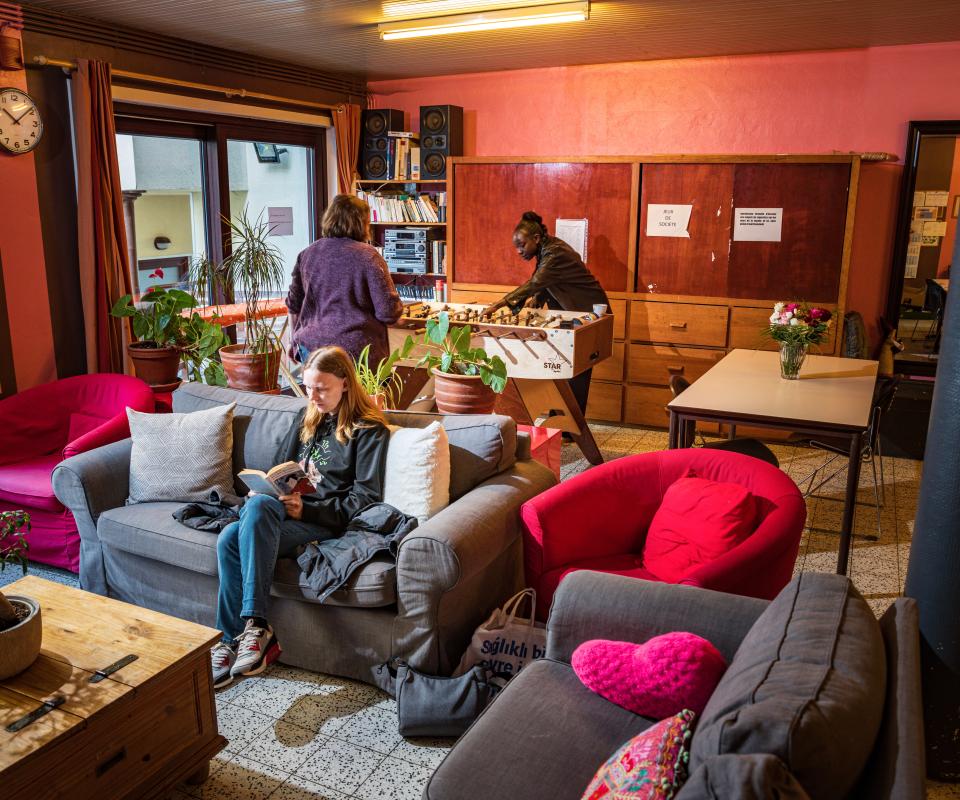
At Accueil Montfort, women in situations of exclusion find help and comfort
Inclusion
"This support helps soften the blow and avoids us having to increase the residents’ financial contribution.”
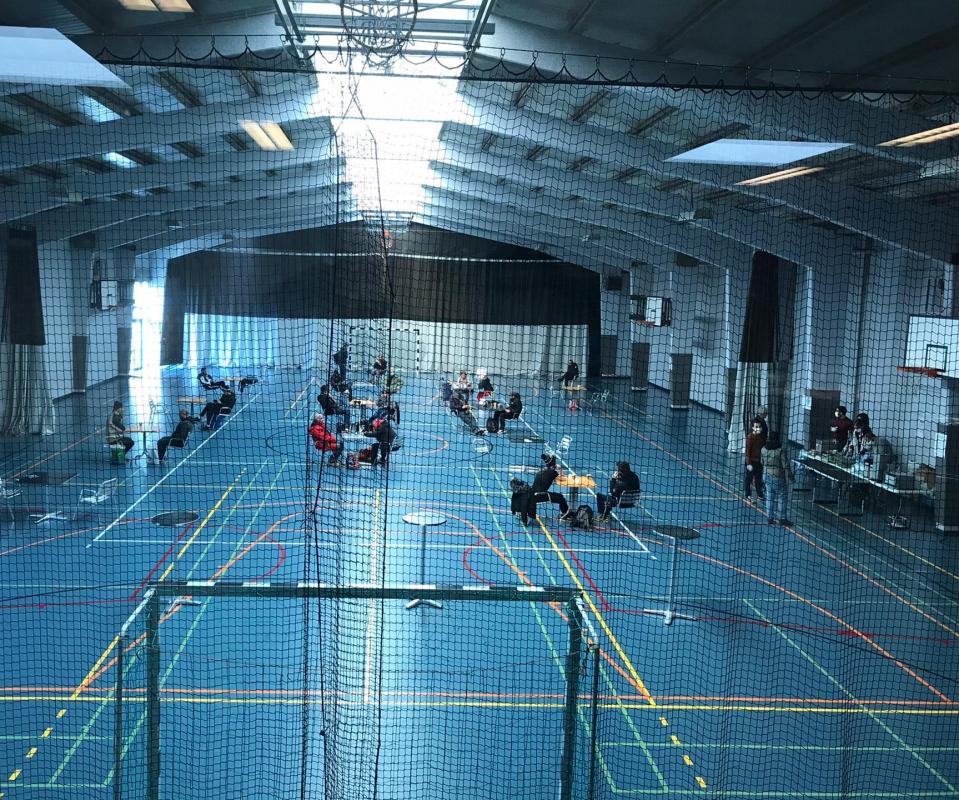
Comme Chez Nous: emergency social care during the COVID-19 crisis
Inclusion
"The support we received is enabling the association to breathe a little more easily and deal with the most urgent expenses."
Other publications
Other philantrophy
Fund Jacqueline de Strycker
Help for the extremely destitute or underprivileged in Belgium and developing countries and particularly for children.
Fund Francky Anciaux
Supporting scientific research and helping disadvantaged people in Belgium and around the world, with a special focus on the visually impaired.
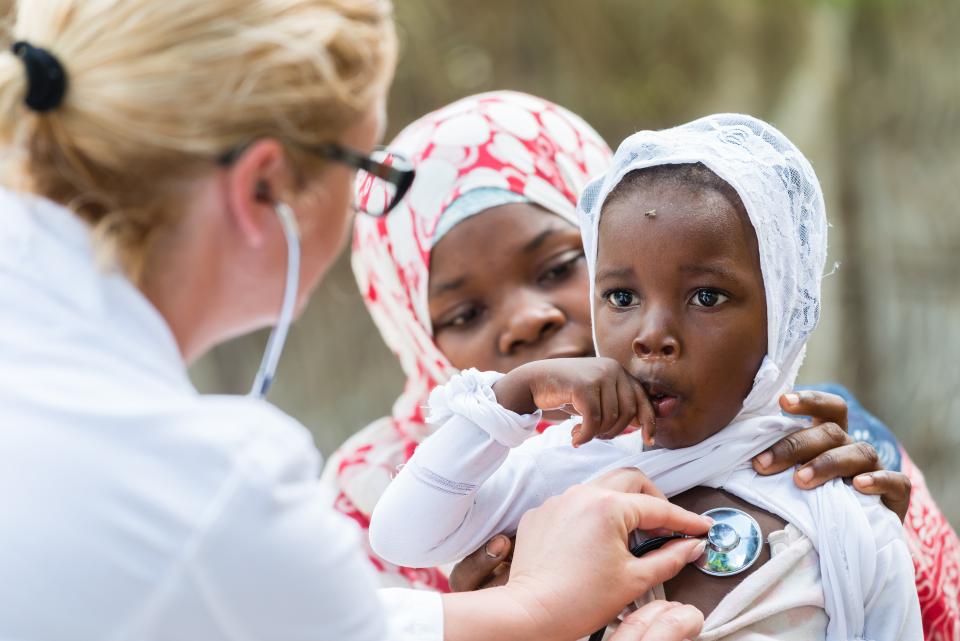
Lucie Damman-Latrique (Fund)
Support to projects developed by Action Damien/Damiaanactie, Handicap International and the Jules Bordet Institute
Other press releases
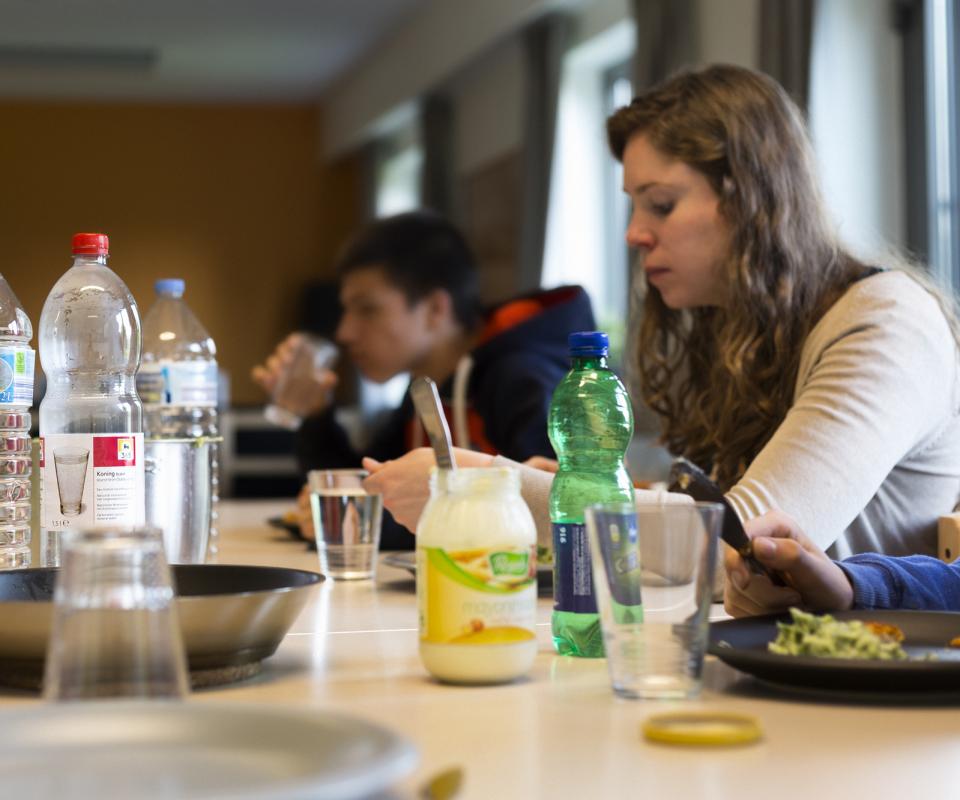
When only solidarity enables you still to eat
In response to the challenges facing the food aid sector, the KBF is supporting 71 organisations, for a total of €500,000.

Energy crisis: almost 3 million euros in support for around 500 organisations fighting poverty
Following the Energy Crisis call, the KBF has been supporting almost 500 organisations that fight poverty, providing a total of almost 3 million euros.

Inequality among Belgians regarding use of digital essential services
Inequality among Belgians regarding use of digital essential services. A study conducted on the initiative of the KBF gives an overview of inequality linked to the use of these s…
